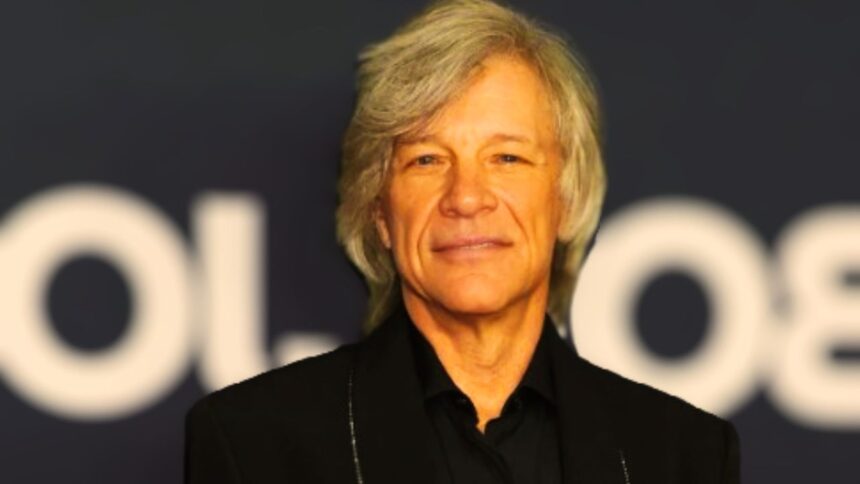Over 200 well-known musicians, including industry heavyweights like Jon Bon Jovi, Billie Eilish, and Peter Frampton, have banded together in a ground-breaking demonstration of unity to condemn the pernicious threat posed by the predatory use of artificial intelligence (AI) in the music business. The open letter, which is being spearheaded by the Artist Rights Alliance, is a forceful denunciation of the misuse of artists’ voices and likenesses and emphasises how critical it is to protect the integrity of artistic expression and creativity.
Notable figures including Elvis Costello, the Bob Marley estate, Stevie Wonder, and Smokey Robinson are among the signatories, demonstrating the widespread agreement in the creative world about the dangers of unrestricted AI growth. The letter is a strong call to action against the invasion of technology on the rights and means of subsistence of artists and musicians, with prominent people such as Sheryl Crow, FINNEAS, and Pearl Jam joining the cause.
The realisation that AI has the ability to both support and impede human creation is at the heart of the artists’ worries. The signatories recognise the transformational potential of AI, but they also condemn its abuse by unscrupulous platforms and developers, who exploit it to violate artists’ rights, stifle creativity, and upset the fragile balance of the music industry.
More than 200 artists including Jon Bon Jovi, Billie Eilish and Peter Frampton have signed an open letter protesting the potential harm artificial intelligence poses to artists. https://t.co/SNcax7uEFo
— ABC News (@ABC) April 4, 2024
The letter asks digital music services, technological companies, and AI developers to please do away with any use of AI that violates the rights of artists and diminishes the value of their work. The signatories foresee a gloomy future in which the intrinsic worth of human artwork is undermined and artists are denied just reward for their efforts, emphasising the existential threat posed by reckless AI deployment.
The call to action against exploitative AI coincides with important legislative advancements, with Tennessee leading the way in initiatives to protect artists and musicians from AI-related rights violations. The “ELVIS Act,” signed into law by Governor Bill Lee, is a significant development in the continuous struggle to safeguard the creative expression of artists and maintain the integrity of their trade. The law establishes a critical precedent for the defence of artistic integrity and individual rights by outlawing the unapproved use of artists’ voices and likenesses by AI.
Gov. Lee’s adamant defence of the distinctive abilities of artists highlights how important government action is in preserving the rights and dignity of artists. With Tennessee at the forefront, several states might soon follow suit, strengthening the legal structure required to protect artists from the intrusions of AI-driven exploitation.

As the battle against the predatory use of AI in the music industry rages on, artists stand united in their resolve to defend their rights, protect their creative legacies, and ensure a future where human artistry remains at the heart of musical expression. In the face of technological encroachment, their collective voice serves as a potent reminder of the enduring power of creativity and the imperative of safeguarding artistic integrity in the digital age.
Sarah’s View:
More than 200 well-known musicians band together to denounce the predatory use of AI in music, including Jon Bon Jovi, Billie Eilish, and Peter Frampton. The Artist Rights Alliance, with support from celebrities like Elvis Costello and Stevie Wonder, is leading the open letter campaign against the exploitation of artists’ voices. They urge respect for artists’ rights and creative value while acknowledging the potential of AI but denouncing its exploitation by platforms. Echoing legislative efforts to protect artistic integrity, such as Tennessee’s “ELVIS Act,” signed by Governor Bill Lee, the letter urges internet firms to stop abusing AI. Artists demonstrate against the exploitation of AI, reaffirming their dedication to protecting human expression and originality in music.




